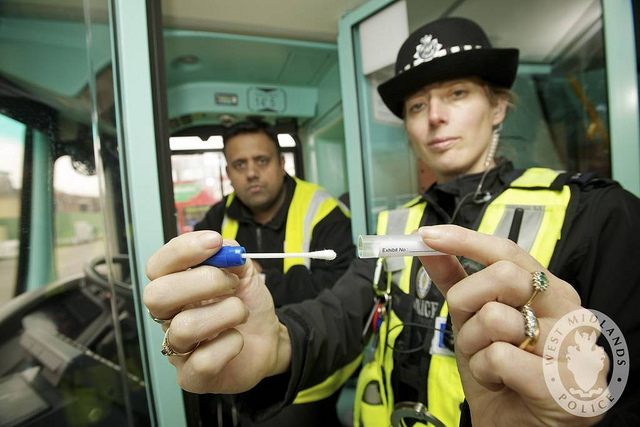Aggregated News

If you think the government wouldn’t target you as a suspect because of who is in your family, you might soon be proven wrong. A New York forensic oversight agency wants to unilaterally expand the use of the offender DNA database to convert relatives of those on file into default suspects.
This is familial searching, and the state Commission on Forensic Science wants to allow its use — though it is not clear it has the legal authority. Some states have outlawed it, some use it without legislative authority, and more have taken no action.
This is how it works: People convicted of nearly any crime in New York, including low-level, broken-windows type offenses, lose the right to genetic privacy. The state keeps a database of their DNA samples to compare with unsolved crime scenes. If no match to a crime scene is found, familial searching would expand the search to look for near matches, which means the relative of an offender could match the evidence. It also could generate innumerable false positives (innocent people), depending on the scope of...



